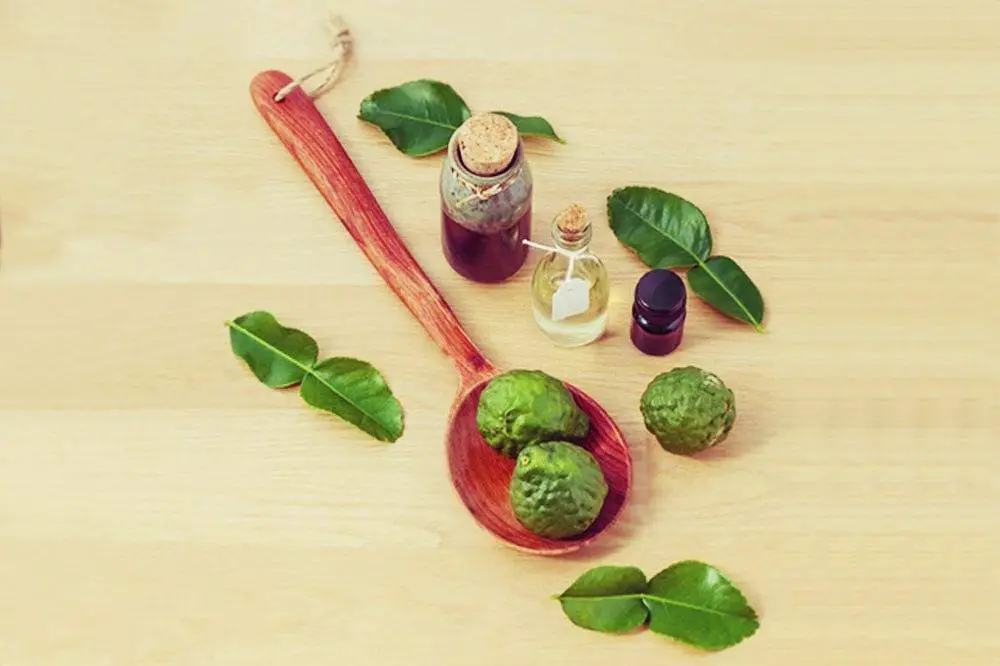Imagine that you’re getting ready for bed and you know that you need a good night’s rest! You have had a very stressful day (or week, or month….) and didn’t have much energy all day because you didn’t sleep well last night. You fall into bed exhausted, only to find that you can’t go to sleep. Your mind races and worries about work, school, your family, or whatever. Even though you’re beat, you simply can’t fall asleep. When you finally do fall asleep in the wee small hours of the morning, even the sleep you do get doesn’t seem to be restorative!
If you know what this is like, then you’ve experienced insomnia and it could be related to anxiety. Many people who struggle with anxiety also find that they have trouble with sleep. Unfortunately, anxiety and insomnia are linked and either one may be the cause of the other. The good news is that there are many ways to naturally treat anxiety related to insomnia.
Natural Remedies for Anxiety and Insomnia
The relationship between insomnia and anxiety often means that treating one can help to reduce the problems with the other. While some people do need to take medication for anxiety and should be seen by a doctor, other people can be sufficiently cared for by using natural remedies for anxiety and insomnia.
Sleeping Environment. The space in which you sleep can play a critical role in making sure that you are relaxed and can fall asleep when it’s time:
- Keep your bedroom a sacred space that is not overrun by work which could cause stress—do your work elsewhere in the house.
- Keep your bedroom tidy and uncluttered so that you are able to relax.
- Maintain a comfortable temperature in your bedroom. No more than 70F degrees is ideal.
- Put away those devices. Not only should you keep from using electronic devices within 2 hours of bedtime, but storing them away from your bedroom may help to promote sleep.
- Keep the room dark. Even the smallest amount of light can interrupt your body’s ability to produce sleeping hormones. Try blackout curtains. If possible, avoid turning on the overhead light if you do have to get up to go to the bathroom.
- Limit noise. Ear plugs or access to a white noise machine may help reduce loud noises from outside your house.
- Make sure your mattress and pillow are supportive enough.
- Don’t leave the clock where you can see it. It’s better if you don’t know what time it is when you wake up in the night as this only adds to stress.
Bedtime Rituals. Getting the best out of your sleep means getting yourself ready at least an hour before going to bed. Here are some tips that may help:
- Use a relaxation routine with a warm bath, massage, soft music, or candlelight. Try lavender or other relaxing scents to help with this.
- Wake up at the same time each morning and go to bed at the same time each night. This synchronizes your body clock and promotes healthy sleeping patterns.
- If you find yourself thinking about things while you’re falling asleep but are afraid you’ll forget, keep a notebook by the bed to write things down and leave them until morning.
- Read a book under low lighting. A slightly boring book is actually better than a riveting page turner in this case, helping you to fall asleep as you numb your mind.
- Chamomile tea may help to relax you, but only drink tea if it doesn’t cause you to wake up in the night to go to the bathroom.
General Health Habits. Healthy sleep rhythms are often related to other healthy lifestyle choices. Eating a healthy diet, exercising regularly, and losing weight are all useful in promoting healthy sleep patterns. Sugary foods can often cause bursts of unused energy that can turn into worry and anxiety, and exercising can help to burn off extra energy to reduce anxiety and promote sleep. Avoiding alcohol and caffeine may also help with anxiety and insomnia.
Natural Sleep Aids. Be sure to ask a medical professional before taking any type of medication. Even natural remedies can be very powerful and may interact with other medications you are taking as well as causing problems with certain health conditions.
- Melatonin is produced naturally in the body, converted from serotonin. If you are stressed out then you may be short on serotonin, which means you’re not going to get the melatonin you need. Taking melatonin supplements can help.
- Valerian is an herbal supplement that offers sedative effects and sleep. It may be combined with lemon balm or hops, both of which also encourage drowsiness.
- Vitamin D can natural boost the mood and help you to produce energy on a regular basis. It is often used as a natural preventative for depression, especially during winter months when sunshine is hard to come by.
- If drinking chamomile tea causes you to wake up in the night to use the bathroom, then you have the option of taking it in pill form or using it in the form of an essential oil.
Conclusion
Finding natural remedies that work for you anxiety and insomnia may take some time to work out. But once you strike a balance and take control over your health, you’ll certainly be glad that you did!
